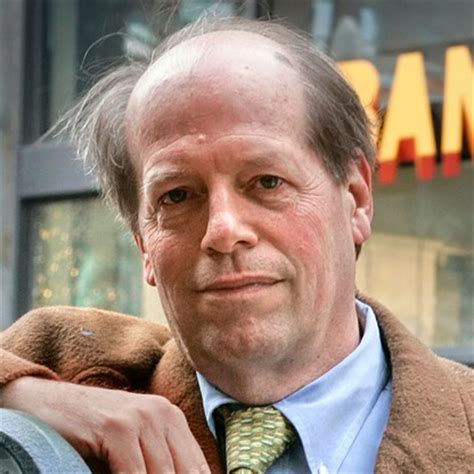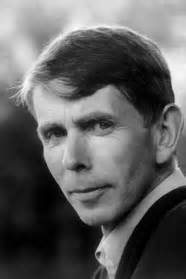A Quote by Joe Gebbia
In the post-war United States, you had this race to the suburbs. Cities shrank, the suburbs got bigger - and the notion of community changed drastically. You went from all being very close together to all being spaced apart and slightly suspicious of one another.
Related Quotes
One concern I had while I was working actively in the intelligence community - being someone who had broad access, who was exposed to more reports than average individuals, who had a better understanding of the bigger picture - was that the post - World War II, post - Cold War directions of societies were either broadly authoritarian or [broadly] liberal or libertarian.
The state of New Jersey is really two places - terrible cities and wonderful suburbs. I live in the suburbs, the final battleground of the American dream, where people get married and have kids and try to scratch out a happy life for themselves. It's very romantic in that way, but a bit naive. I like to play with that in my work.
Wilderness is not only a haven for native plants and animals but it is also a refuge from society. Its a place to go to hear the wind and little else, see the stars and the galaxies, smell the pine trees, feel the cold water, touch the sky and the ground at the same time, listen to coyotes, eat the fresh snow, walk across the desert sands, and realize why its good to go outside of the city and the suburbs. Fortunately, there is wilderness just outside the limits of the cities and the suburbs in most of the United States, especially in the West.
Everywhere - all over Africa and South America - you see these suburbs springing up. They represent the optimum of what people want. There's a certain sort of logic leading towards these immaculate suburbs. And they're terrifying, because they are the death of the soul. This is the prison this planet is being turned into.
For the most part, French cities are much better preserved and looked after than British cities, because the bourgeoisie, the people who run the cities, have always lived centrally, which has only recently begun to happen in big cities in England. Traditionally in England, people who had any money would live out in the suburbs. Now, increasingly, people with money live in the cities, but this has changed only in the last 20 or so years.







































